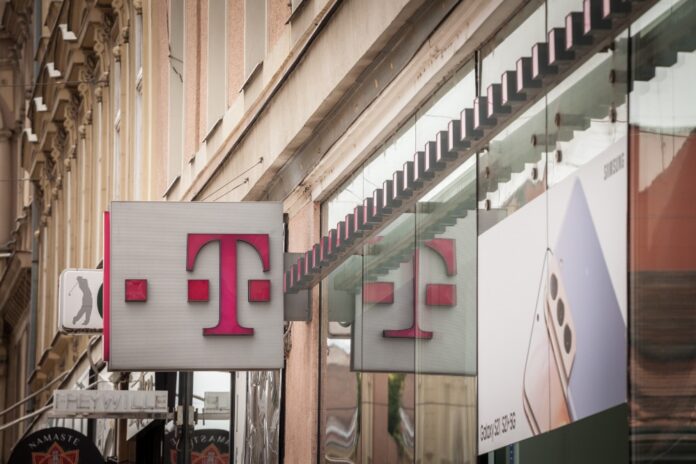Incumbent Hrvatski Telekom deemed to have sufficient broadband competition in 72 markets
In a move that altnets warned would dampen high-speed broadband competition, the Croatian Regulatory Agency for Network Operations (HAKOM) has removed the in a number of significant market player designation for incumbent operator Hrvatski Telekom (HT) in 72 markets, effectively removing price controls on its retail and wholesale services.
According to Poslovni Dnevnik, HT and its ISP Iskon will now have the same status as competitors, like Telemach and A1, in 72 urban area markets where the altnets have already deployed their own infrastructure. The new areas must have an altnet’s very high-capacity infrastructure in place covering at least 33% of potential users and the retail market share of the HT Group in that area is below 50%.
All operators will be given 120 days to prepare for the change, meaning the current regulatory obligations will be in place until early December. Deutsche Telekom subsidiary HT currently controls around 59% of Croatia’s market for retail fixed broadband. The near areas include the majority of the capital Zagreb – Croatia has been divided into 572 separate markets in total.
The regulator originally assessed market share across all of Croatia but believes its new approach allows it to better define areas dominated by copper or low-capacity broadband versus newer high-speed optical or cable areas. HT is still considered to have the dominant copper position.
HAKOM believes the changes will encourage investment in high-speed networks particularly fibre suggesting that “effective market competition are not achieved exclusively through HT’s wholesale offers”. The regulator recently suggested A 5-10% price difference between ADSL/VDSL and fibre service prices would encourage around half of current copper technology users to switch to a fibre connection.
HAKOM submitted its intentions to the European Commission which did not object suffice to say the market must once more be analysed for competitive effects when the next review is carried out in two years.
Although market reviews are done every five years, because the market is no longer being looked at in its entirety, the two-year timescale will ensure deregulation is having the right impact in the new areas. If deemed successful in the 72 areas, wider market deregulation would follow – or the reverse if the market fails to respond in the designated areas.


